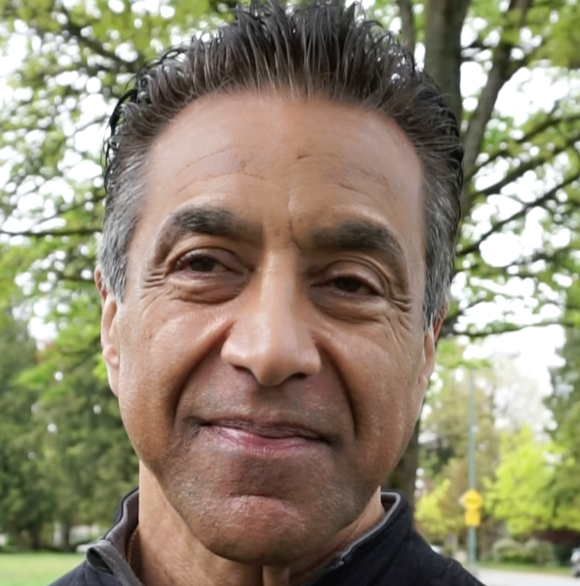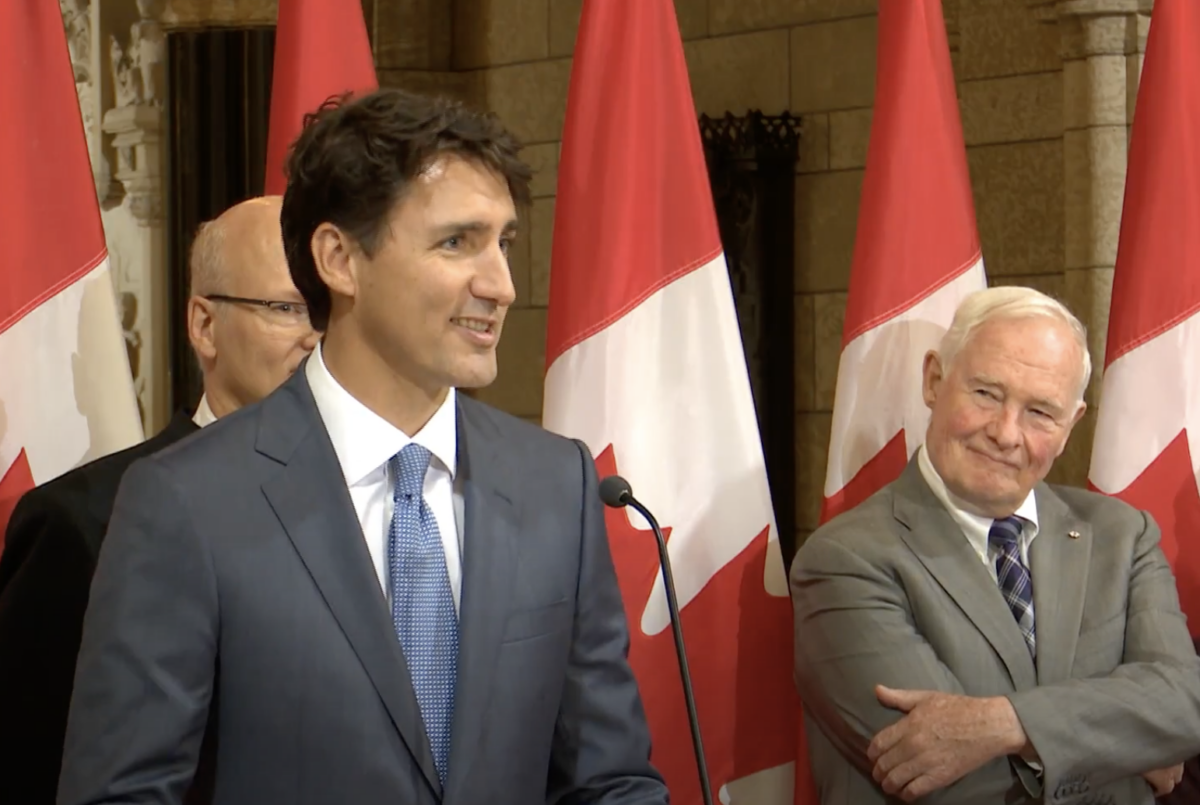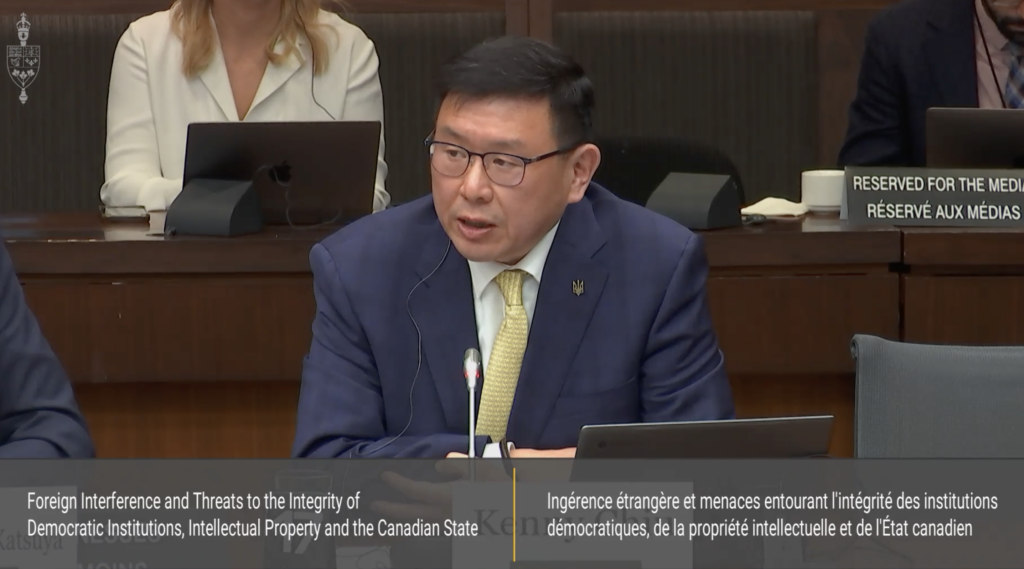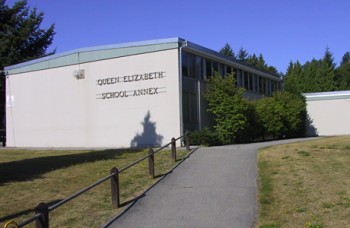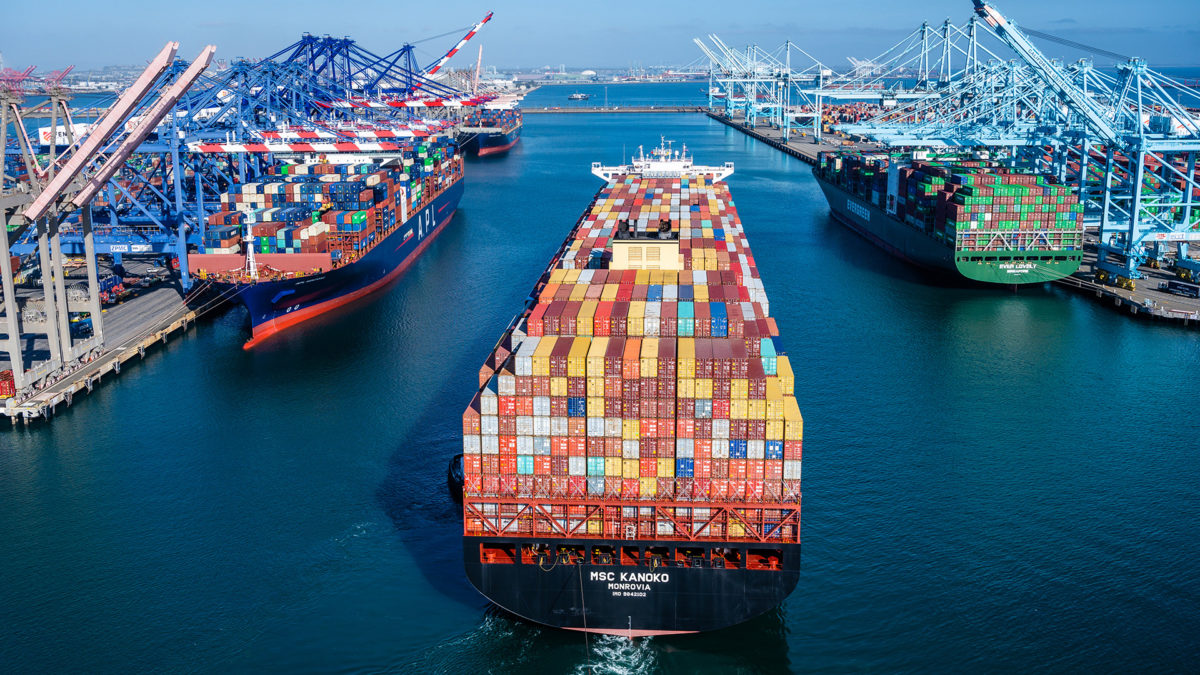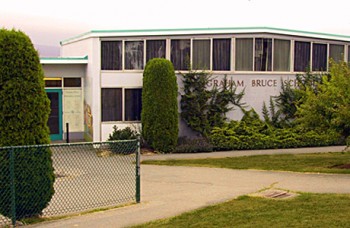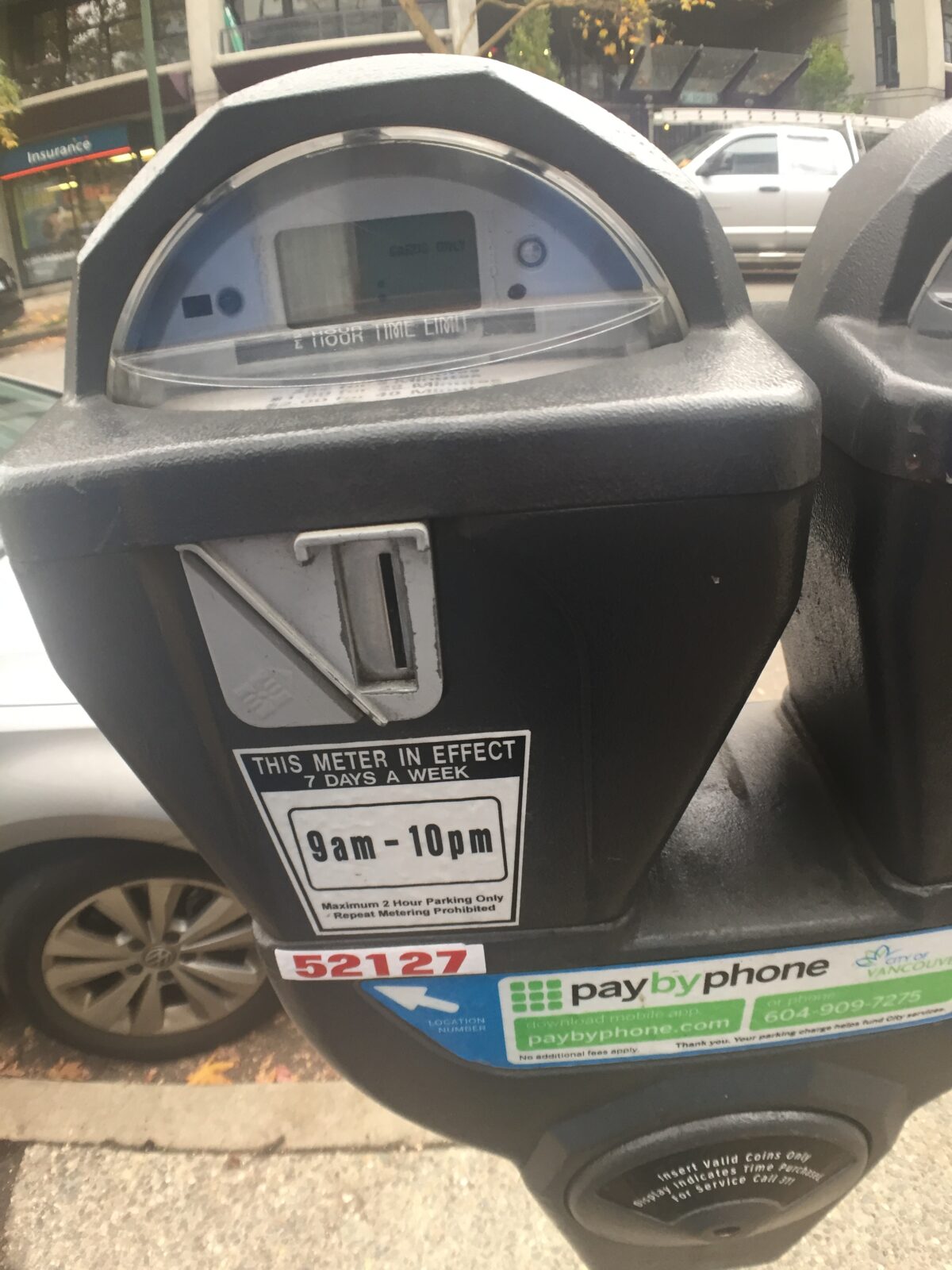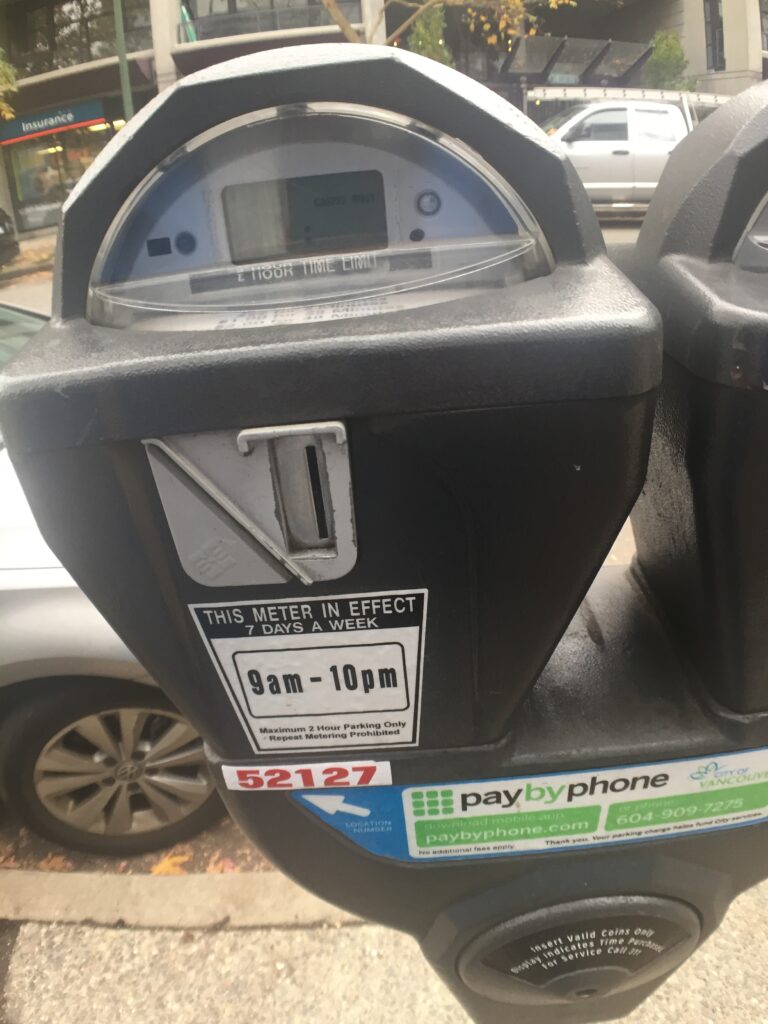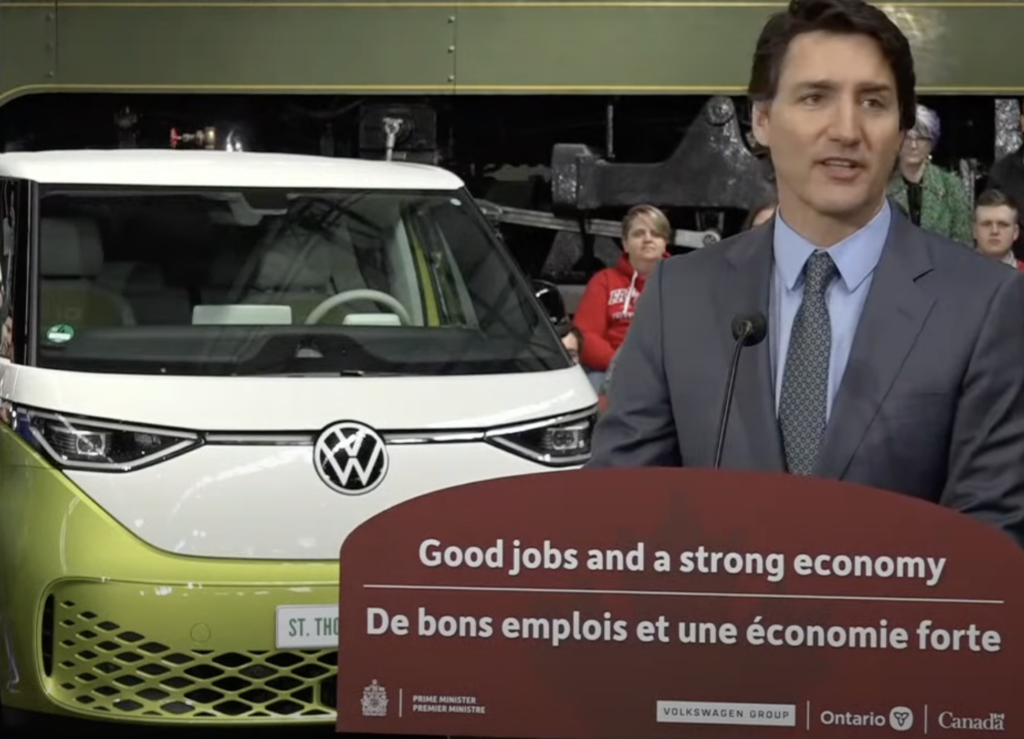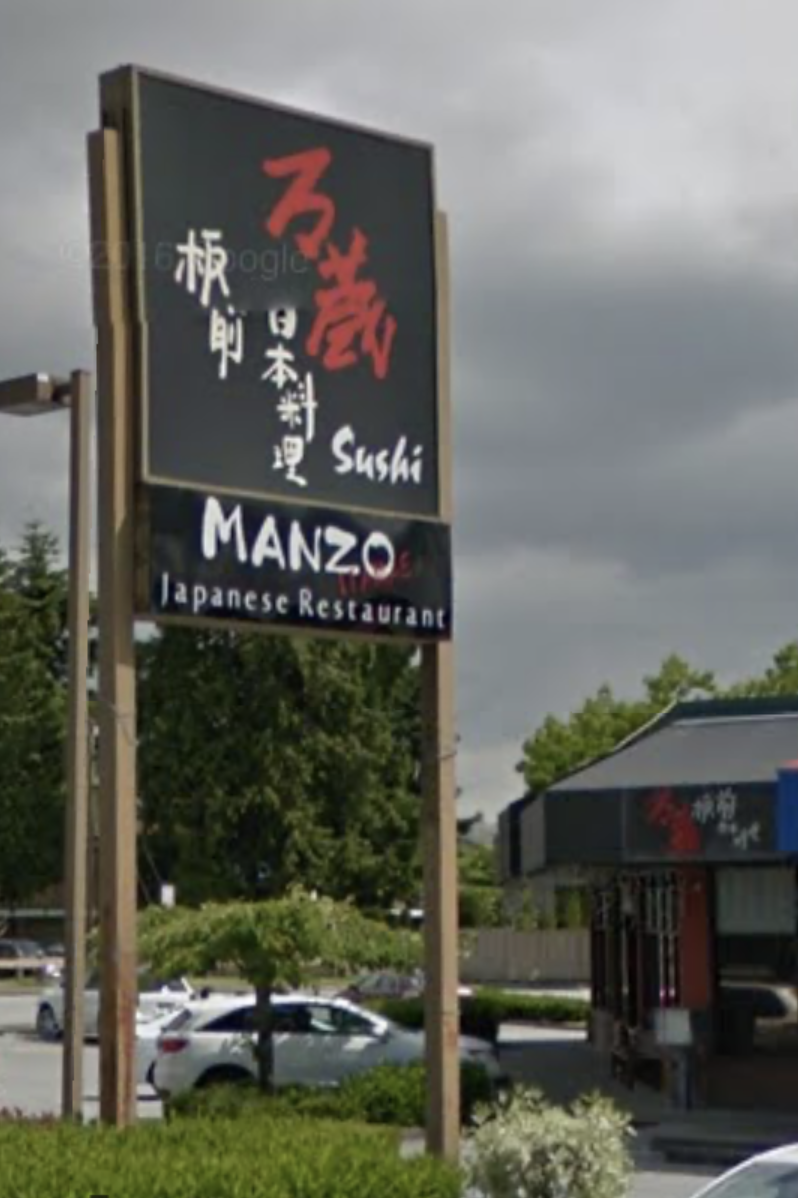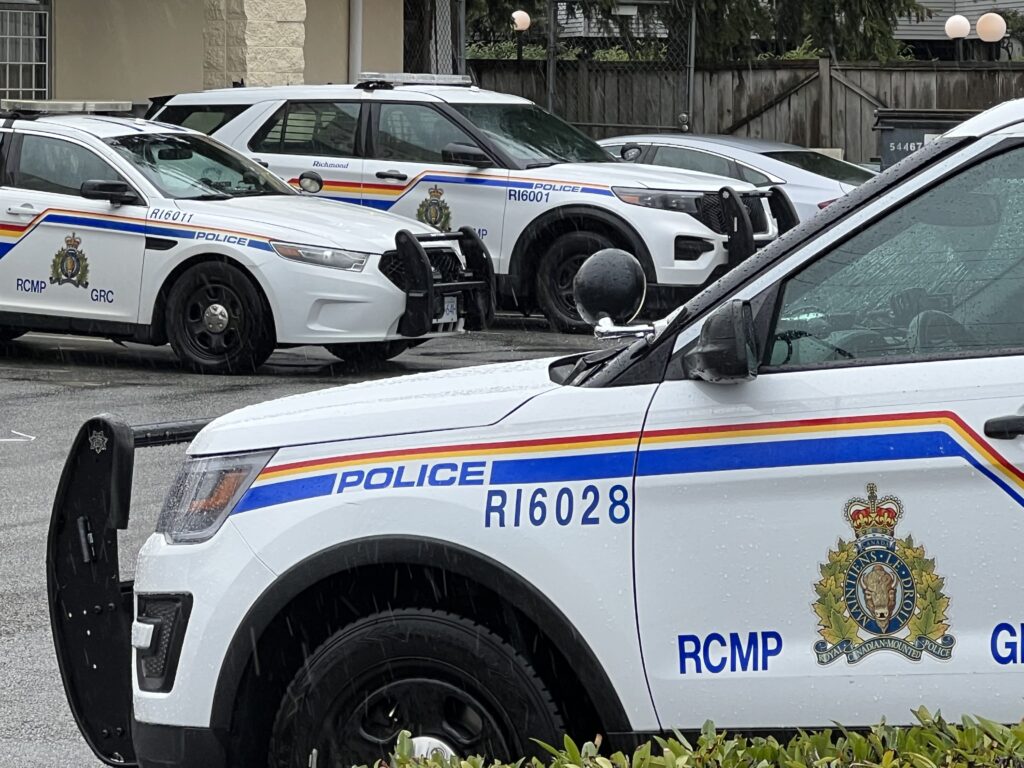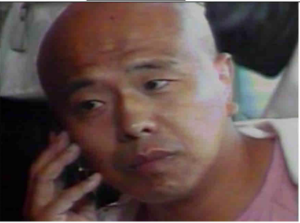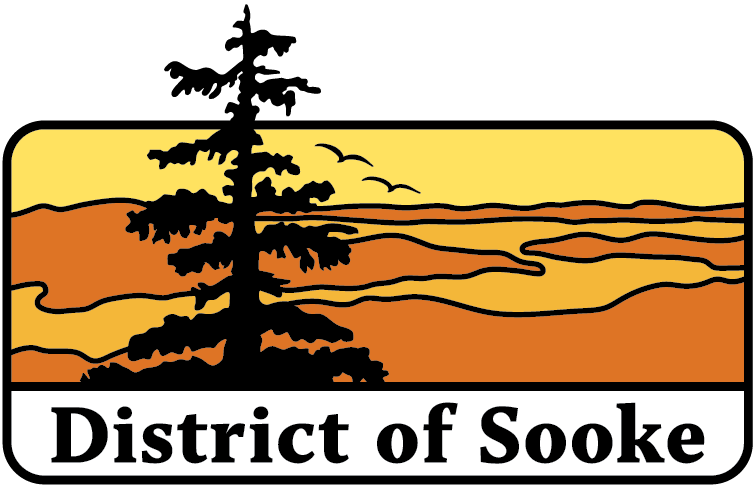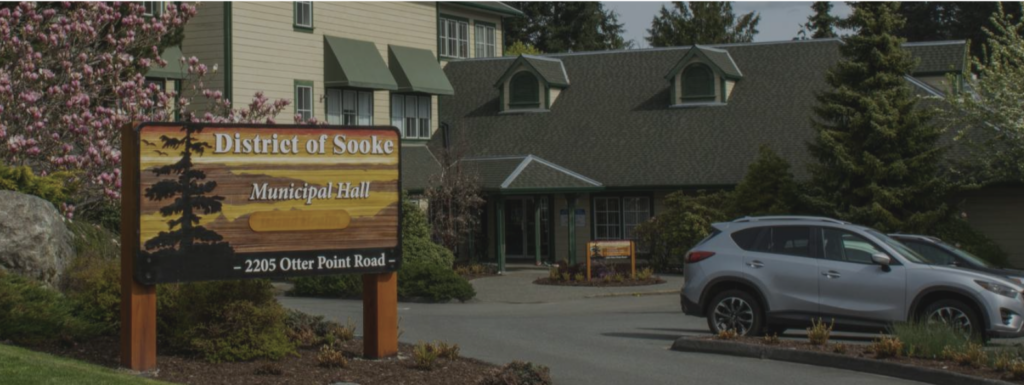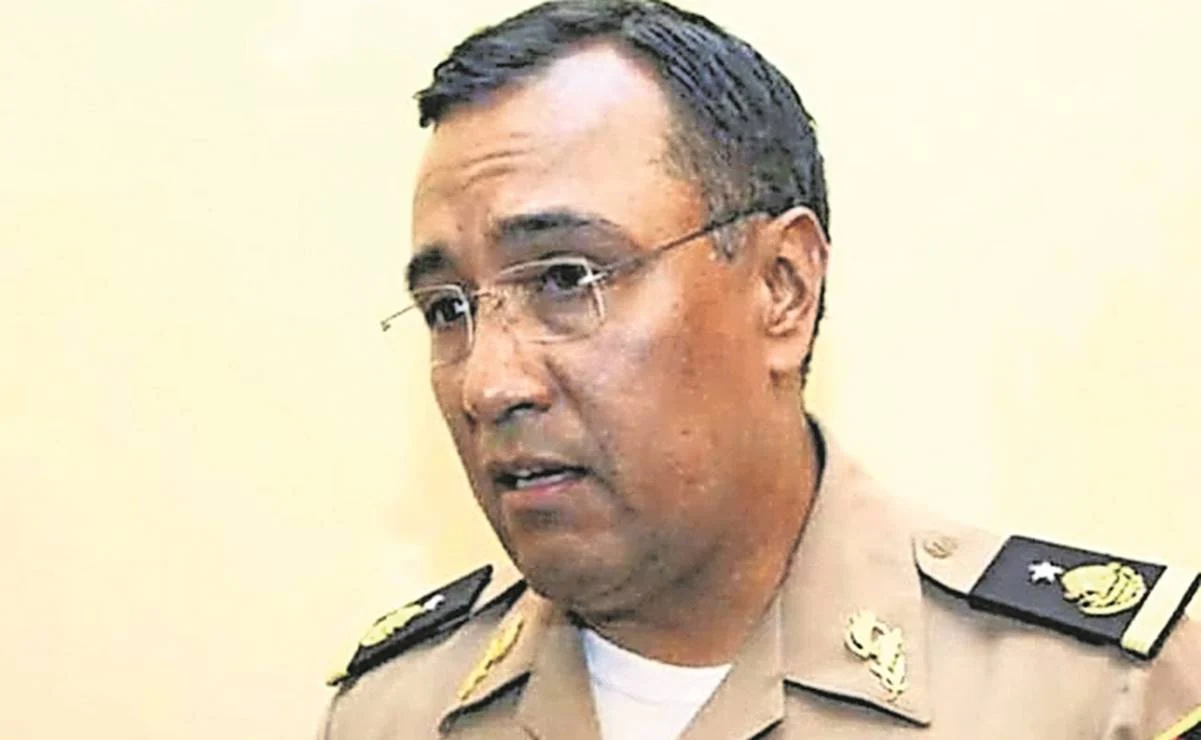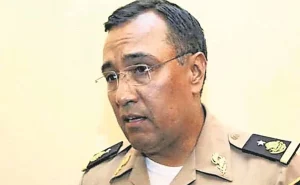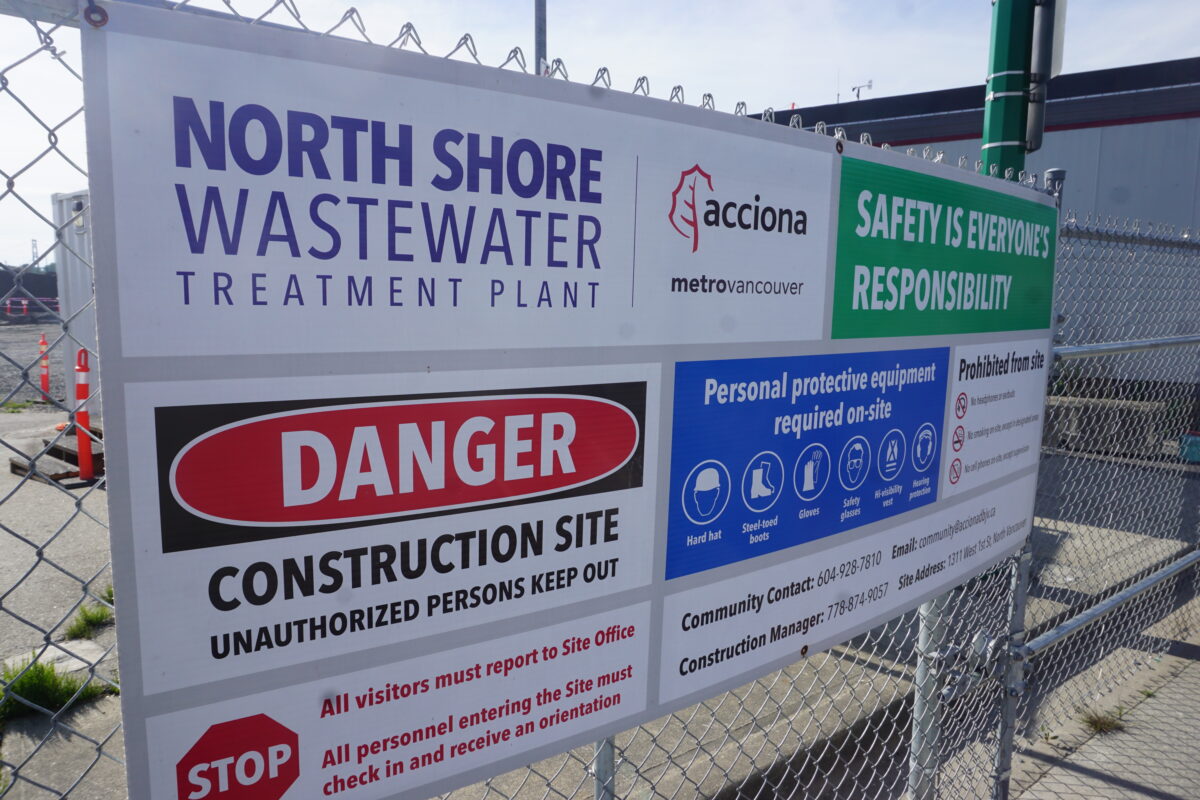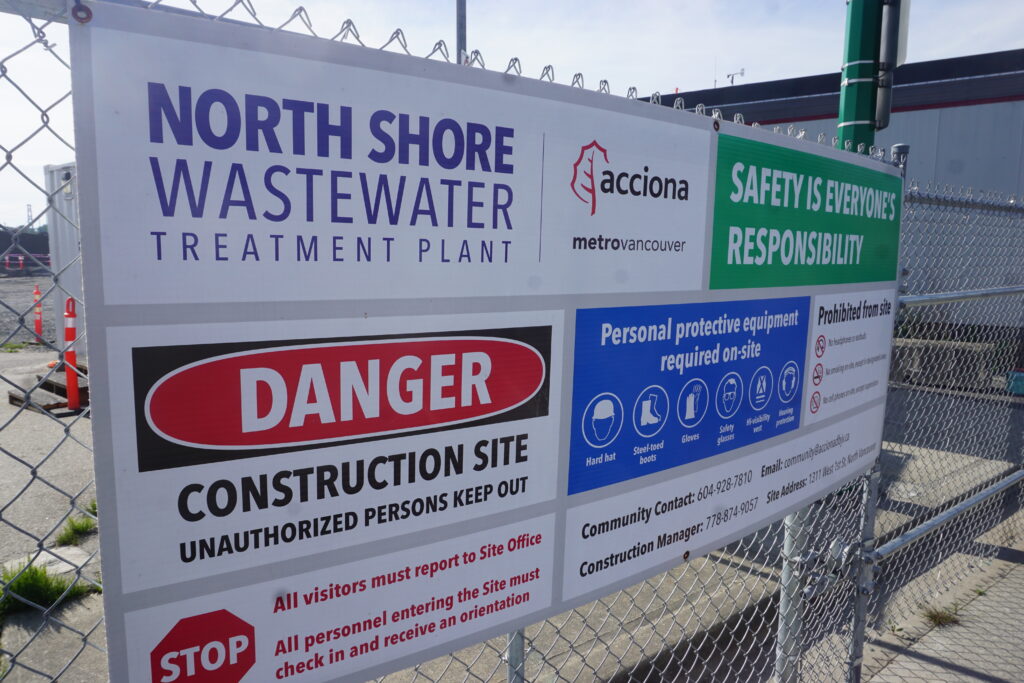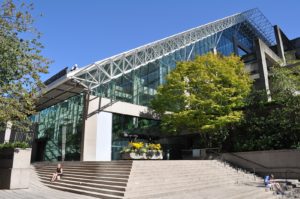Foreign interference public inquiry no substitute for proper law enforcement, says ex-B.C. Solicitor General
Bob Mackin
A Richmond city councillor said now that the RCMP is investigating China’s intimidation of a Member of Parliament, the federal force needs to show results.
Commissioner Michael Duheme told a House of Commons committee on Tuesday that there are more than 100 foreign interference investigations. One of the newest files is about the targeting of Conservative MP Michael Chong (Wellington-Halton Hills).
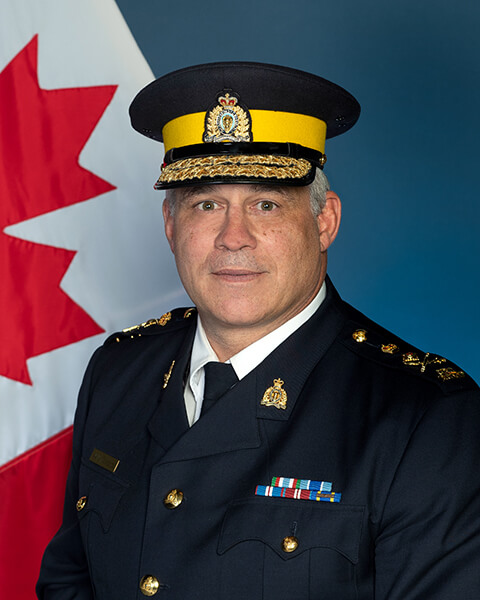
RCMP Comm. Michael Duheme (RCMP)
Coun. Kash Heed, who is also a former B.C. solicitor general and municipal police chief, said arrests and prosecutions would reduce calls for a public inquiry.
“Utilize the current system and we’ll be able to deal with it,” Heed said. “But now we’re kind of focused too much on the inquiries act for political reasons, we’re not really looking at how to deal with the cause of this, how to make sure that there’s deterrence in place — so it does not happen again — and that there are significant consequences for those who act as agents, for example, of foreign countries.”
Duheme testified that the RCMP began investigating after the Globe and Mail reported May 1 on a leak from the Canadian Security Intelligence Service (CSIS) involving a Chinese diplomat focusing on Chong and his relatives in Hong Kong. Foreign Minister Melanie Joly expelled Zhao Wei the following week.
CSIS subsequently briefed the NDP’s Jenny Kwan (Vancouver East) and Conservative Erin O’Toole (Durham) that they were also targets of the Chinese Communist Party. Their cases were referred to the Commissioner of Canada Elections for investigation.
Duheme, sworn-in May 25 as the 25th top officer in the Mounties’ 150-year history, told the house’s procedure committee that the RCMP shut down the illegal overseas police service stations that were operating in Richmond, Toronto and Montreal, but investigations continue.
“We took an overt action, aggressive overt action, marked cars, people in uniform, a lot of outreach in the communities to have people come forward,” Duheme said.
One of those under the national security investigation is the Wenzhou Friendship Society, which maintains a clubhouse in Richmond. Last December, RCMP officers canvassed neighbours and left an RCMP-marked, black SUV parked overnight outside the Hazelbridge Way building. Hua Wei (Harvey) Su, one of the society’s directors, has not responded for comment.
“You’re able to shut down these so-called police stations on our sovereign soil and not prosecute? I don’t understand that,” Heed said. “If you’ve got enough to do all of what you’ve done so far, in my opinion, you should have enough to prosecute.”
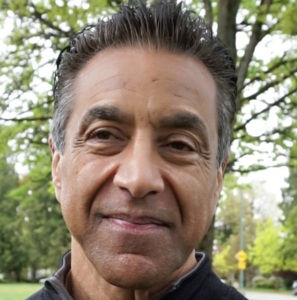
Kash Heed (Mackin)
Duheme also said the RCMP has offered assistance to the Commissioner of Canada Elections, which investigates and enforces violations of the Canada Elections Act. The agency’s head, Caroline Simard, told MPs in March that it was investigating allegations of Chinese government meddling in the last two elections. Steveston-Richmond East Conservative incumbent Kenny Chiu lost to Liberal Parm Bains in 2021 after a disinformation campaign on Chinese social media.
Like the RCMP, Heed said, elections overseers also need to improve their compliance and enforcement.
“I’ve been through this, I know this, if someone doesn’t file it and you have a rogue campaign manager, which I did, you have to deal with the consequences of that,” said Heed, who was fined $8,000 after his BC Liberal Vancouver-Fraserview campaign manager overspent the limit in 2009 without his knowledge.
“Elections BC, Elections Canada have the power to deal with it. The problem is, we get frustrated by the lack of enforcing our current laws that we default to this so-called public inquiry process thinking that it’s going to make a difference.”
Duheme recently attended a meeting for the Five Eyes security alliance in Australia, where foreign interference was a key topic of discussions. He identified the People’s Republic of China as the greatest threat to democracy in Canada.
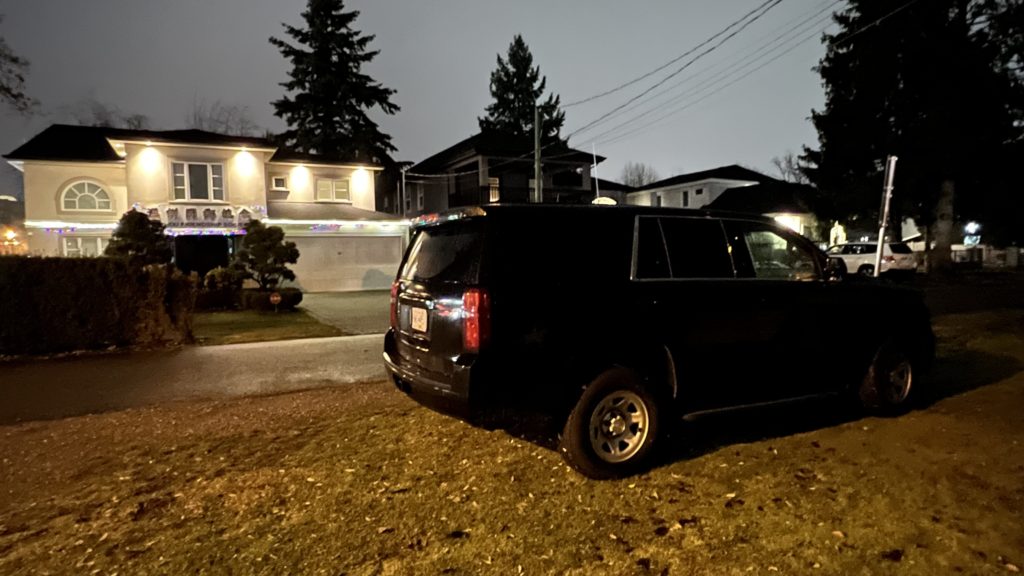
RCMP SUV outside the Wenzhou Friendship Society clubhouse in Richmond on Dec. 10, 2022 (Mackin)
At the committee, Duheme also named the Russian Federation and Islamic Republic of Iran as other adversaries actively undermining Canada, its institutions and individuals.
“The strategic interests of a state and methods can include threats of violence, coercion, or surveillance of the public, including culturally or linguistically diverse groups, human rights defenders, political dissidents, pro-democracy advocates, and politicians at all levels, including members of parliament,” Duheme said.
Former governor general David Johnston quit last Friday as the special rapporteur appointed by Prime Minister Justin Trudeau after opposition parties disagreed with his recommendation against a foreign interference public inquiry. Intergovernmental Affairs Minister Dominic LeBlanc suggested the government may hire a replacement and proceed with the Johnston-recommended public meetings this summer. But he challenged the opposition leaders to propose public inquiry commissioners, timelines and terms of reference.
Support theBreaker.news for as low as $2 a month on Patreon. Find out how. Click here.
Bob Mackin A Richmond city councillor said now






